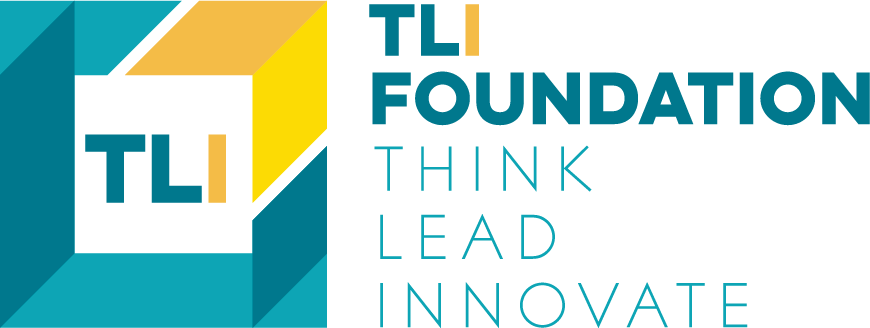Shift in Health Priorities: Call for Improved Outcomes and Economic Viability of the U.S. Healthcare System
Read the Thought Leadership & Innovation Foundation’s latest white paper, “Growing Imperative for Ethical Patient Engagement and Public Health Initiatives.”
Amid pressures on payers and health care provider organizations to take on greater financial responsibility for patient outcomes, a growing national health priority to utilize targeted strategies has emerged. The goal is clear: encourage people to make good choices about their health.
Expecting that these individual decisions will lead to better outcomes, our nation can anticipate improved population health, as well as the economic viability of the healthcare system and personal finances.
The importance and power of patient engagement takes on greater urgency during the worldwide battle with COVID-19. With every government regulator and influencer stressing greater focus on immune-boosting health behaviors, social-distancing, sequestering, frequent hand-washing and other seismic personal behavioral changes, these recommendations are likely to soon transition to mandates designed to stem the transmission of this potentially deadly virus – and others that may surface in the future.
Now more than ever, patient engagement has become fundamental to optimal public health. Systematic, population-focused interventions are required to address population-wide issues.
Understanding Patient Engagement Requirements and Strategies
Physicians must develop an understanding and adapt to a patient’s knowledge, skills, ability and willingness to manage their own health through interventions and tools designed to encourage regular engagement and promote and reinforce positive patient behavior. For example, mobile apps and devices to track activity levels, reminders for preventive care, and alerts to prompt regular exercise can be an excellent way to encourage and illuminate patient behavior.
Strategies for effective patient engagement include systematic, population-level solutions that require less individual effort; development of a multi-faceted approach that engages the patient on individual, interpersonal and community levels; identification of the root-cause assessment and capitalization on strengths to engage stakeholders; using tactics from behavioral economics to help individuals make good choices; and anticipation of failure and learning from it.
Ethical Issues
Patient engagement can be highly valuable, but special focus must go toward the process of engaging with patients and related ethical issues. Lessons taken from the literature on the ethics of participatory research can be transformed into organizational and quality improvement practices.
When it comes to patient engagement, analytics play a key role in helping healthcare professionals prioritize key focus areas, assess return on investment, help guide improvements, and make the financial case for this important work.
A well-planned patient engagement strategy should reflect high ethical principles and use data to target efforts on solving key patient challenges and employing interventions that advance patient engagement, enhance the patient experience and improve health outcomes in the most cost-effective way possible.
To learn more about TLI visit here.
